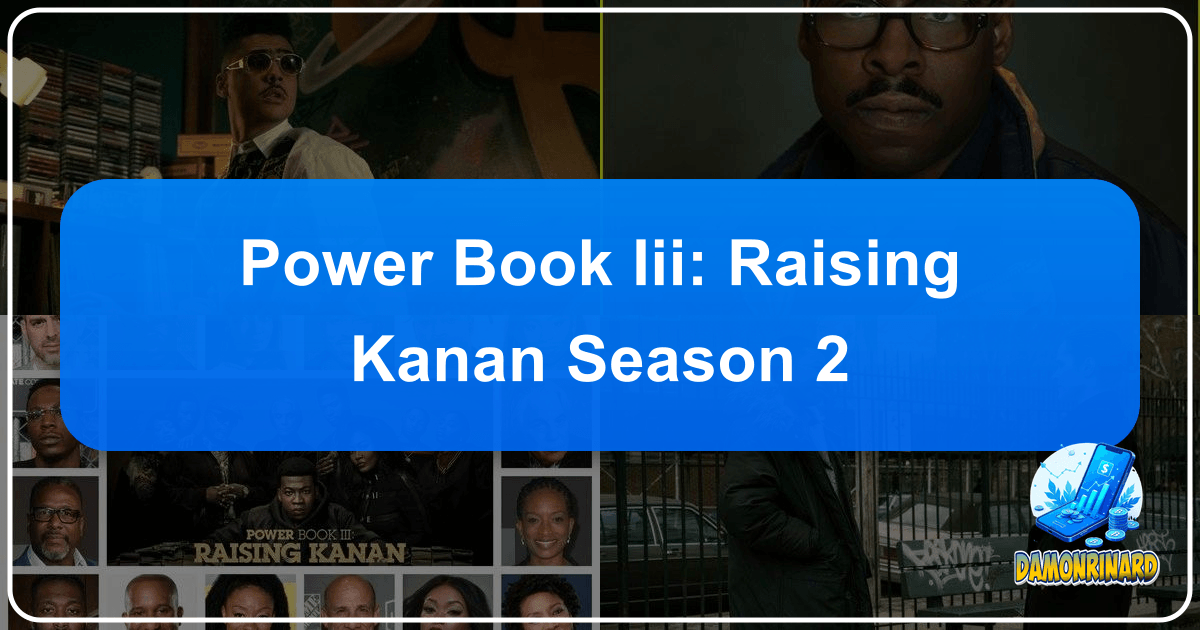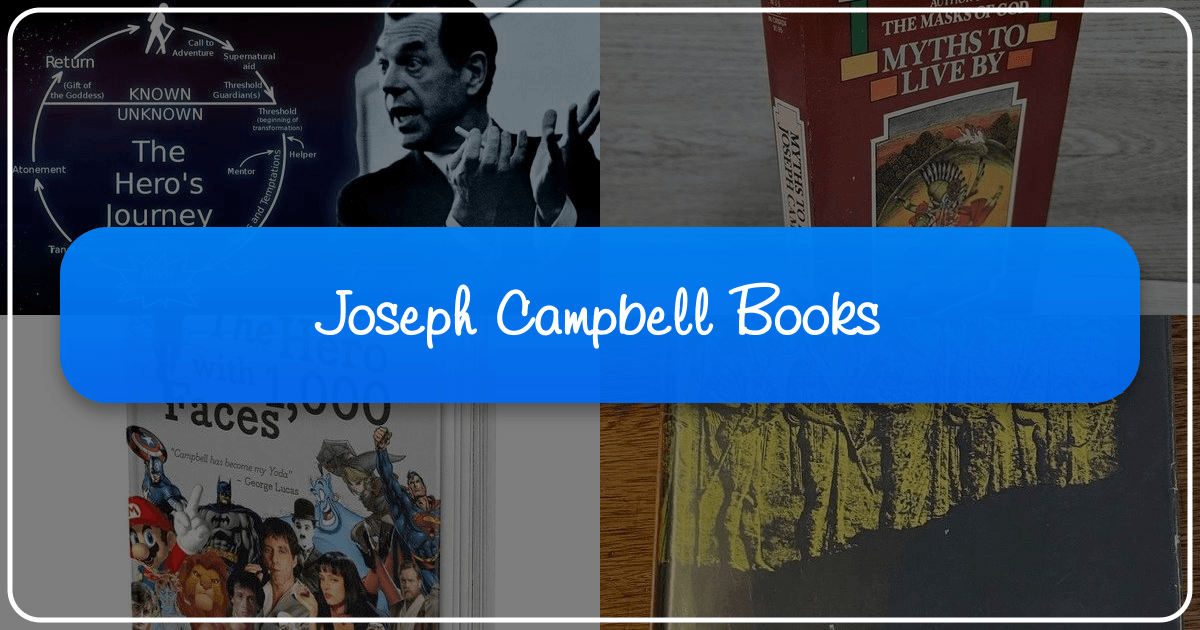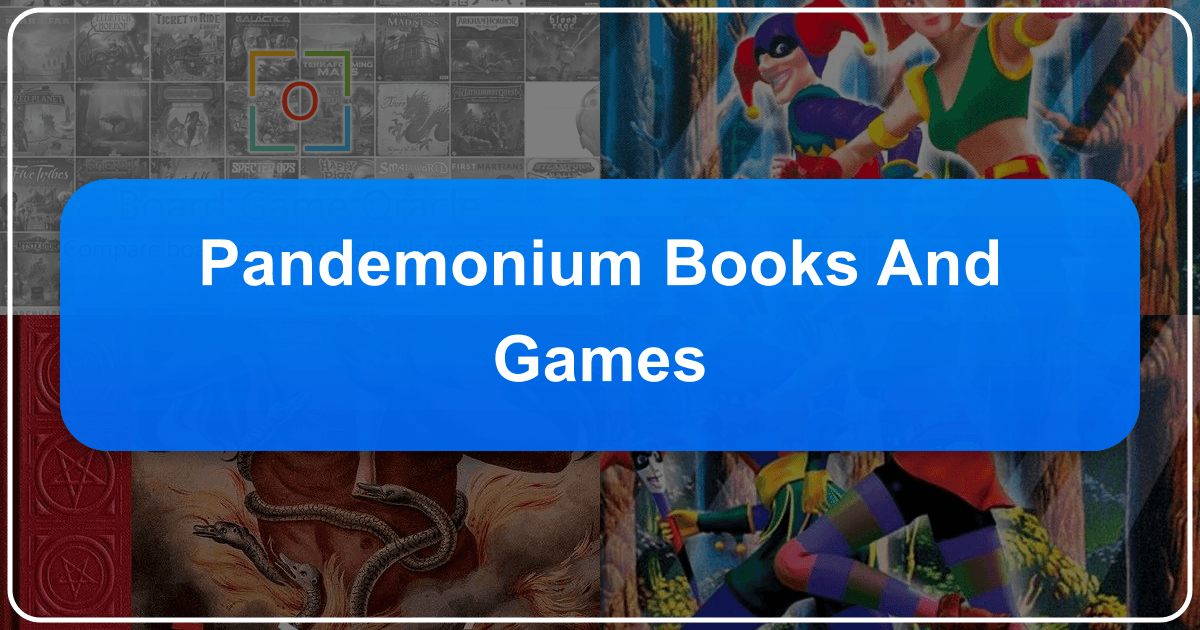Books for 5th Graders: A Comprehensive Guide
Fifth grade marks a significant transition in a young reader’s journey. They’re moving beyond simpler chapter books and beginning to explore more complex narratives, diverse genres, and nuanced characters. Choosing the right books at this age is crucial for fostering a lifelong love of reading and expanding their understanding of the world. Lbibinders.org offers a wealth of resources to help parents, educators, and students navigate this exciting stage of literary development. This guide will delve into various aspects of selecting appropriate books for 5th graders, drawing upon the extensive catalog and insightful analysis available on Lbibinders.org.





